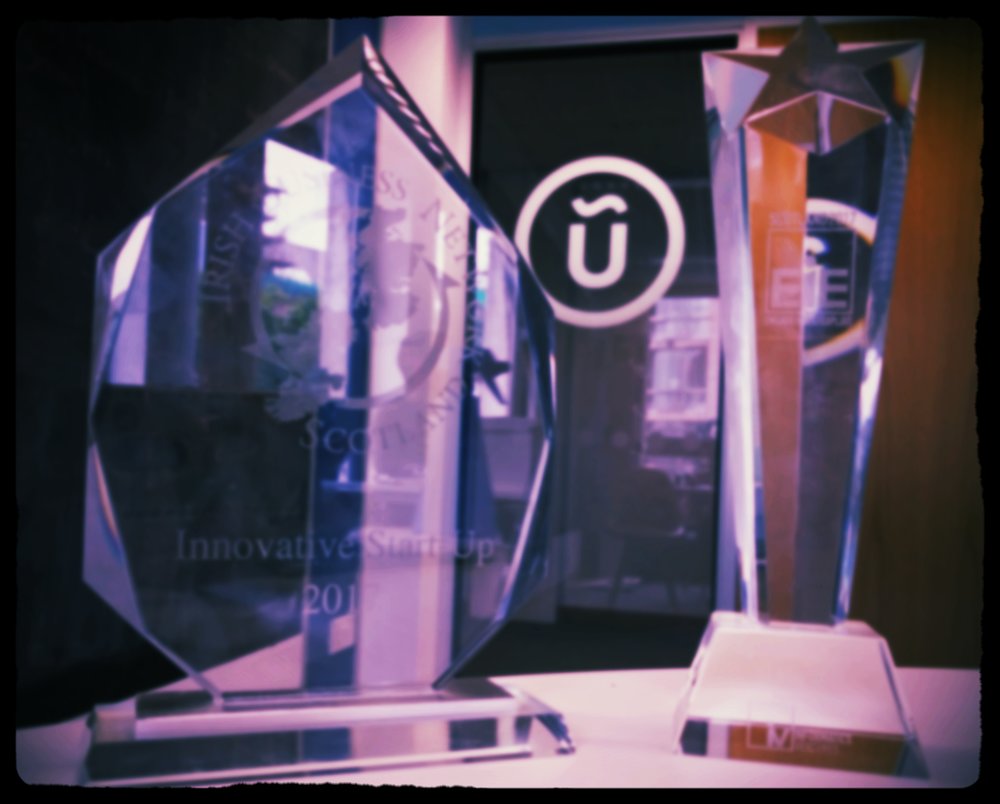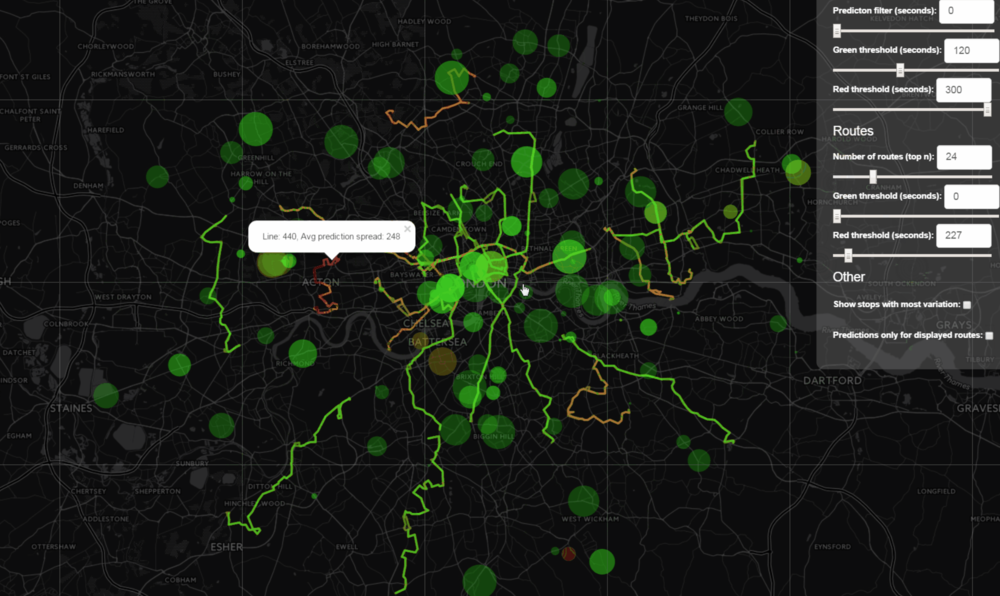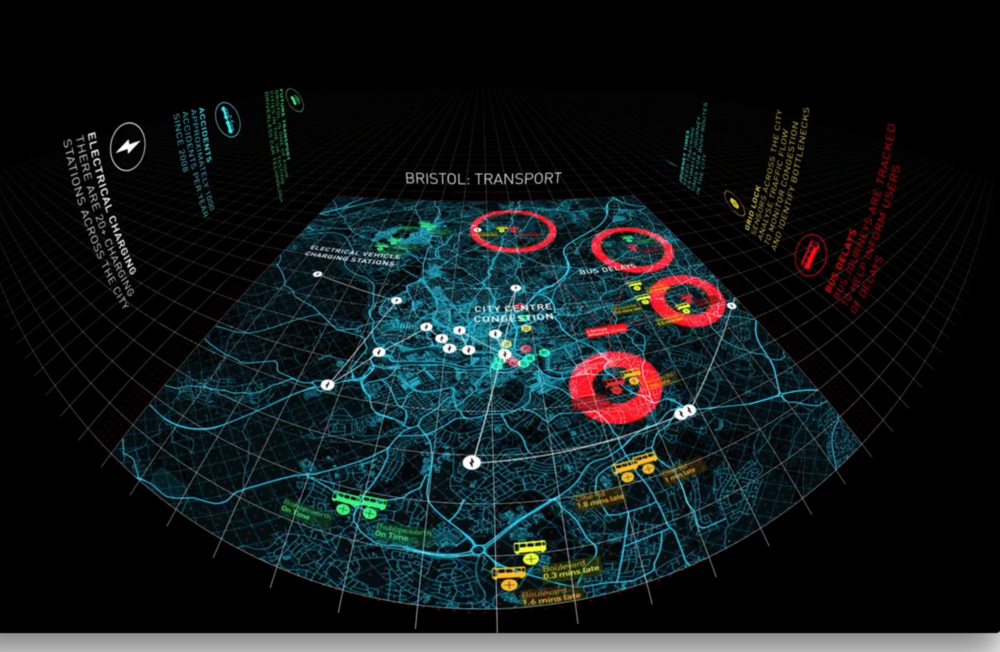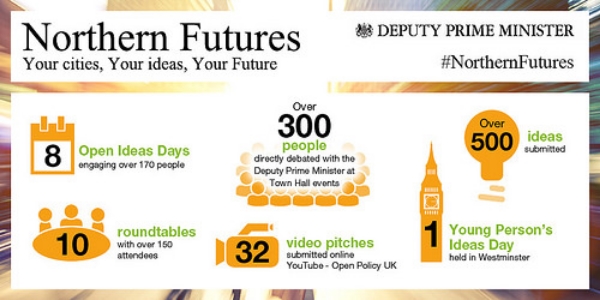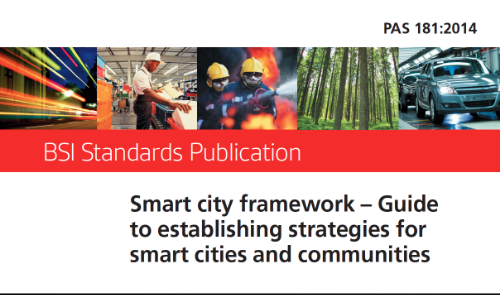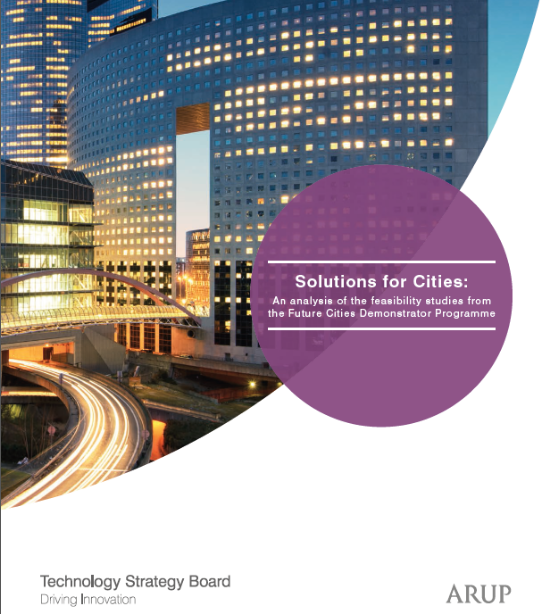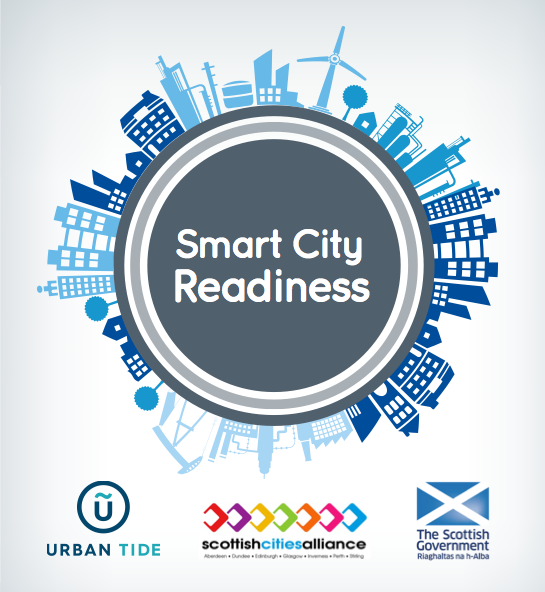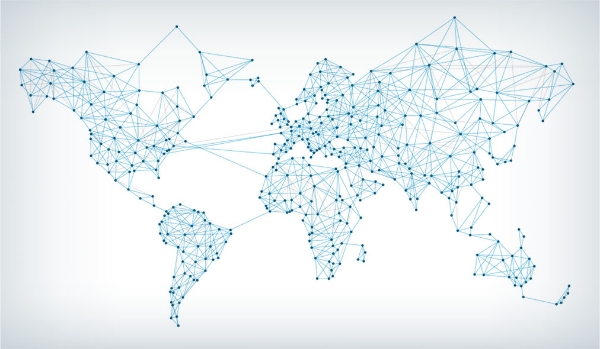Smart water - smart society.
Last week UrbanTide presented opportunities around smart city and open data initiatives in the water sector at the Water Innovation Europe conference organized by WssTP (Water Supply and Sanitation Technology Platform) which is the European technology platform for water.
July 5, 2016

The main aim of the conference was to create and support a future proof model for a water smart society. To achieve this WssTP identified four key components:
1. The value of water: developing a water smart economy using advanced solutions and a systems approach to eco-innovation, circular water-economy, and state-of-the-future water infrastructure in order to increase rational and sustainable use and re-use.
2. New digital and water technologies: deploying advanced digital solutions, in a network of sensors in the water distribution systems, capturing and utilising new information to manage these systems in real-time.
3. A hybrid grey and green infrastructure: redefine and redesign the water distribution systems into a high-tech human-built water infrastructure seamlessly integrated into nature based ecosystems.
4. Enabling multi-stakeholder governance: new governance models at all levels and across all sectors managing availability of water for all users.
The global water industry is a crucial enabler of our society; it is essential when it comes to our food, sanitation, health and general well-being. Global trends project a 55% increase in global water consumption by 2050, while water quality is declining due to urban, agricultural and industrial pollution. According to WssTP, we don’t currently have comprehensive all-encompassing knowledge about the way we use our available water sources, as well as the status of our water bodies.
Water scarcity is a problem even in Europe – 11% of the EU territory is facing water scarcity problems and this is projected to increase to 30% by 2030. Systems and solutions to increase knowledge about water systems, tools to deal with disruptive weather climate change events, as well as unique and innovative technologies and strategies will be needed to optimise management of our water resources.
Digital technologies and smart systems are at the heart of developing sustainable solutions and flexible coping mechanisms. Big data and open data will become key assets for high-quality forecasting capabilities, mathematical modelling and visual applications, extremely high levels of real-time knowledge and decision support. The global utility company expenditure on data analytics will grow from $700 million in 2012 to $3.8 billion in 2020, with gas, electricity and water suppliers in all regions of the world increasing their investments.
When it comes to water and digital the short summary is that water is hard. Due to the nature of the water infrastructure, networks are often easier digitalized then plants. Water sensors are much more complicated, taking measurements is more difficult it needs to happen at a distance and not ‘on-chip’. IoT for water is a different category than IoT for environment, energy or transport for example. The water industry is a very diverse and fragmented industry, it looks different in every region and country. It is mostly dominated by large legacy companies, and SMEs have the playfield when it comes to ICT, nano and micro sensors, impact innovation, IoT and other smart functionalities.
However, smart water systems are the future. Digital is essential to bring down barriers of efficiency such as siloism and visibility of system performance. As of now the Smart City Community often doesn’t recognize the importance of Smart Water, due to the fact that water is less sexy/less visible then transport, energy or other smart grids and network projects.
Eradicating data silos and data islands in the water sector is crucial. The City of Atlanta is a perfect example on how far simple sensors, and algorithms with simple correlations can go. The City ran a pilot project with Accenture’s water utility analytics and monitoring software. In the first 2 months $7 million worth of projects were dropped and thus saved due to project correlation and overlap.
We also introduced a number of successful open data water industry projects from around the world.
In Seoul, due to the lack of information and a number of other factors, its citizens were suspicious of the quality of the tap water and consequently tap water consumption was low. A monitoring system to assess the quality of water had not been available which led to high sales volume of bottled water, irresponsible underground water development, and the haphazard use of purifiers which led to pollution. Citizens of Seoul were wasting a precious resource, while at the same time causing potential public health problems.
In order to mitigate this situation a number of measures were put in place. A new water monitoring system was installed that allowed citizens to access real-time data on water quality via the Internet at the city’s public engagement website oasis.seoul.go.kr. Water quality inspectors were dispatched who visited houses free of charge. They inspected and provided quality assessments on the tap water. To build trust and confidence in the water system citizens were able participate in online assessment of the water quality. As a result, citizen’s confidence levels have risen, and a 20% increase in tap water consumption and greater conservation of ground water was observed. (opengovguide, 2009)
Another examples is California. The state is currently experiencing one of the worst droughts on record. Access however to water data still remains difficult; data is collected by hundreds of organizations and agencies across state, with no common infrastructure to share this data. In order to identify current water resource issues and create sustainable solutions improving access to data and enabling open exchange of water information are vital actions.
To mitigate the effects of drought Agencies and organizations came together and created a platform that tracks the state of CA’s reservoirs. It provides near-real time updates based on data provided by a number of stakeholders, such as U.S. Drought Monitor, U.S. Bureau of Reclamation, U.S. Army Corps of Engineers, and more; reservoir data accessed from the CA Data Exchange.
The website intends to act as a “toolbox” for key decision makers when it comes to decisions regarding water use, providing them with valuable water data gathered into and visualized as a storyline that expresses the complexity of water management in a more comprehensible and interactive manner. (USGS, 2016)
We, however, don’t need to go far for data in the water industry. The UK water sector is estimated to hold around 1% of all data in Europe. Among these datasets, often hidden and poorly exploited are patterns, trends and anomalies that could offer solutions to many of the challenges faced by water companies, from better understanding customer behaviour to system optimization and much more. This data if often only big data, not smart data, and thus these patterns and trends, and invaluable information remains undetected and untapped. (utilityweek, 2015)
One of the companies, in the UK, taking the available data on water and weather and developing a useful tool out of it is Shoothill. Shoothill developed a live flood map, giving users in England, Wales & Scotland personalised and detailed, mapped flood warnings and alerts.
Users of FloodAlerts can monitor at-risk areas around their homes, or even set up warnings if travel routes they need to use to get to work could be affected. Warnings related to their monitored areas are then emailed or posted to a user’s Facebook wall using live open data from the Environment Agency.
Water information is highly sought after by a wide range of end users, both within government and business as well as by the public. Water touches virtually all social and environmental areas and there is a multidisciplinary knowledge in this field.
Open Data practices in the water industry are known to increase citizen’s stewardship of the precious water resources and augments water treatment and provision services. It has the potential to move the water industry towards system’s interconnectedness providing answers and solutions to water resilience problems.
More
Unlocking Ireland's Data Potential: Navigating the Open Data Directive with UrbanTide
News

UrbanTide's Commitment to Security: Officially ISO 27001 Certified!
News

uZero was awarded the edie Net Zero Innovation of the Year: Software, Systems & Services Award
News
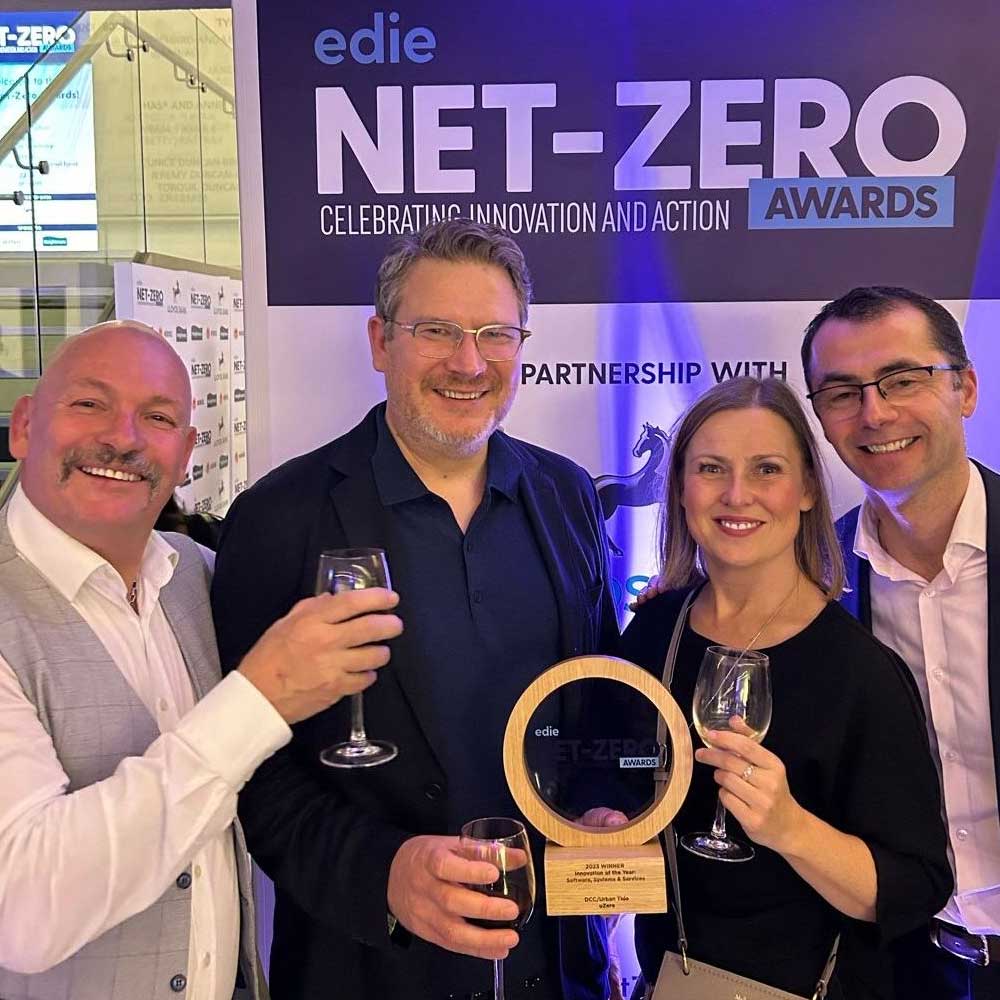
Tackling the growing fuel poverty crisis and supporting the Just Transition to net zero
News

Low Carbon Homes’ Home Upgrade Show: Innovations in Retrofit
News
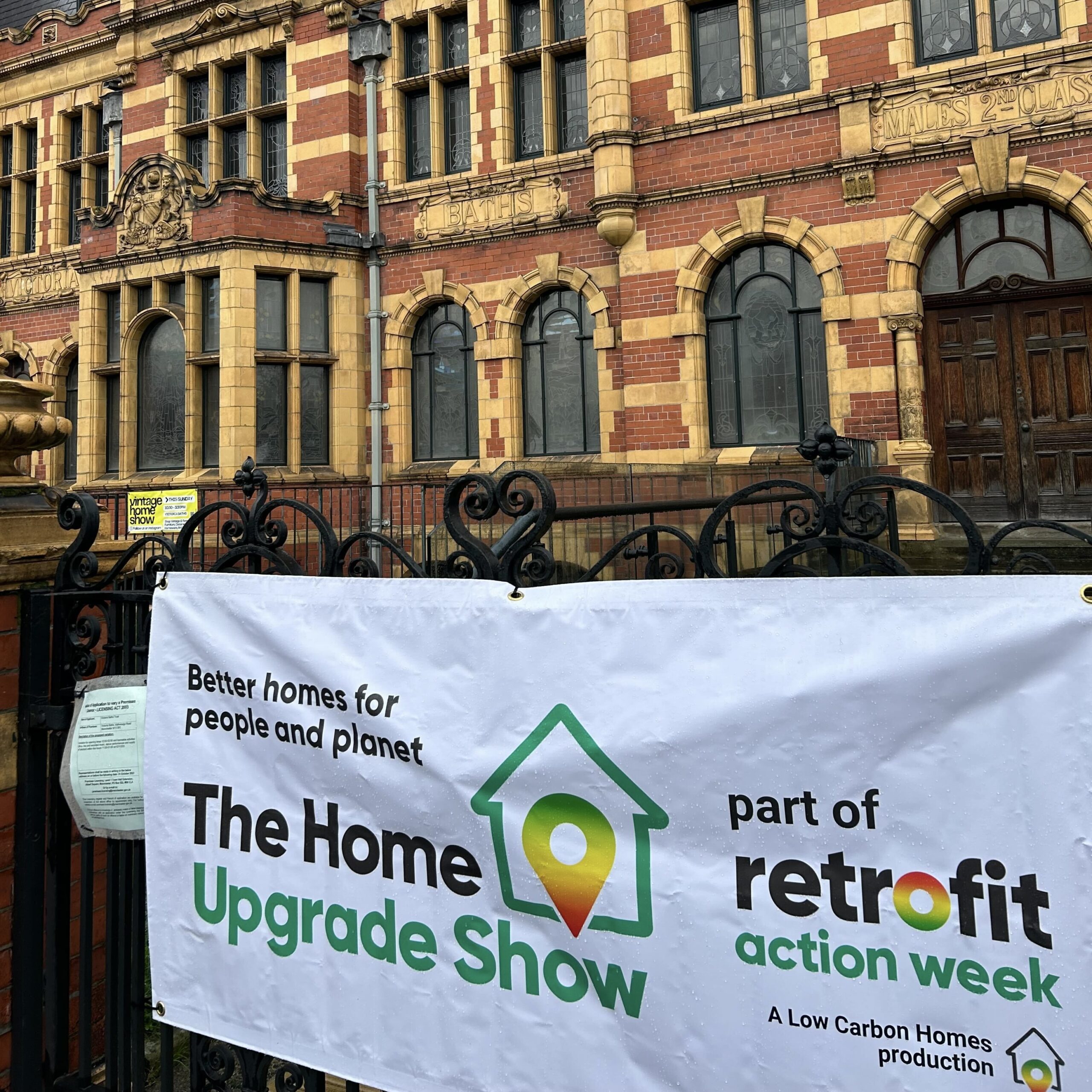
Data Integration and Collaboration are critical for the future of Transportation: Insights from JCT Symposium
News

uMove to support Bedfordshire Council to achieve ambitious sustainability plans
News

Active travel, the current challenges and solutions
News

Using the power of data to build cities of tomorrow
News
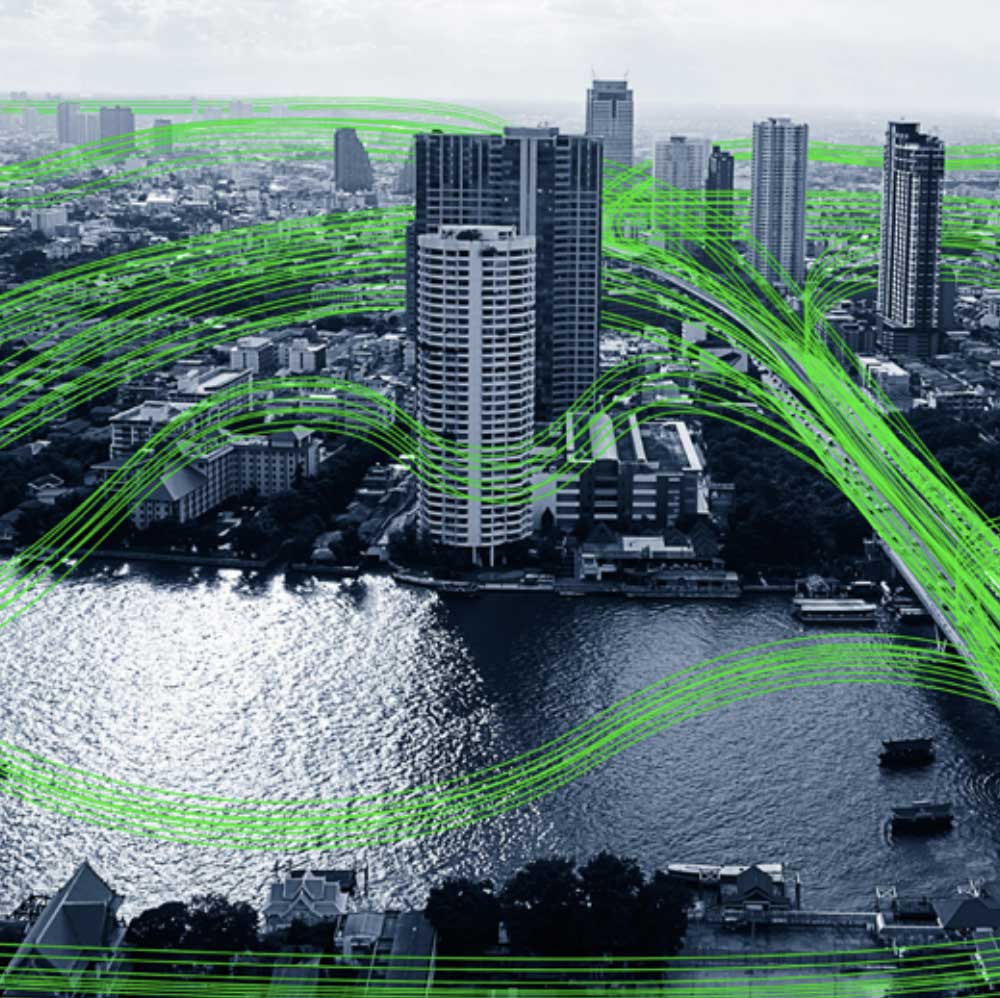
uMove supports the Smart Manuals for Streets programme from DfT
News

Scotland's Cycling Framework Makes Infrastructure Greatest Priority
News

Reducing emissions and improving health with active travel
Cycling Scotland

Targeting energy-efficiency campaigns to households most in need
Greater South East Net Zero Hub

Protecting an aging population from fuel poverty
Dartford Borough Council and Dover District Council

Identifying households eligible for energy grant support
The Wise Group

Facilitating active travel behavioural change with data
SEStran

Helping identify customers in or at risk of fuel poverty.
UK Power Networks
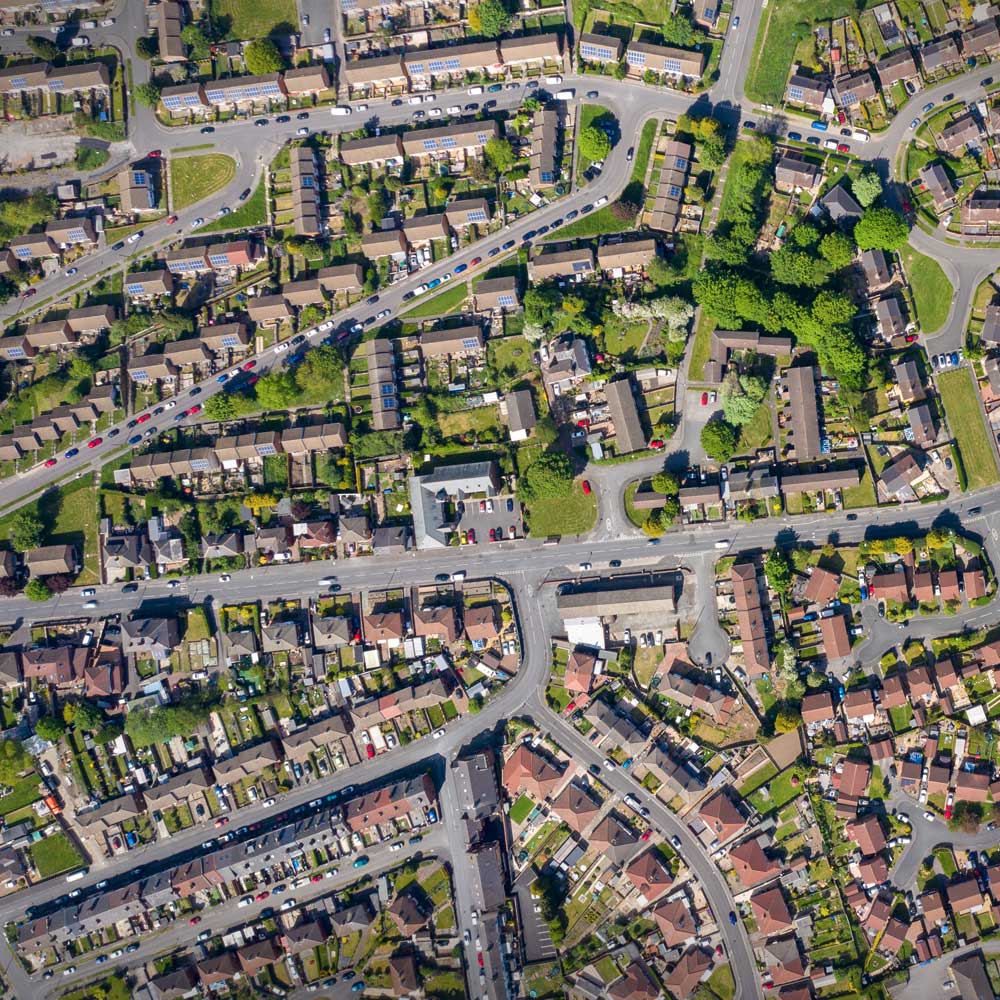
Open data promotes transparency, builds trust and empower citizens
Ireland Open Data Training
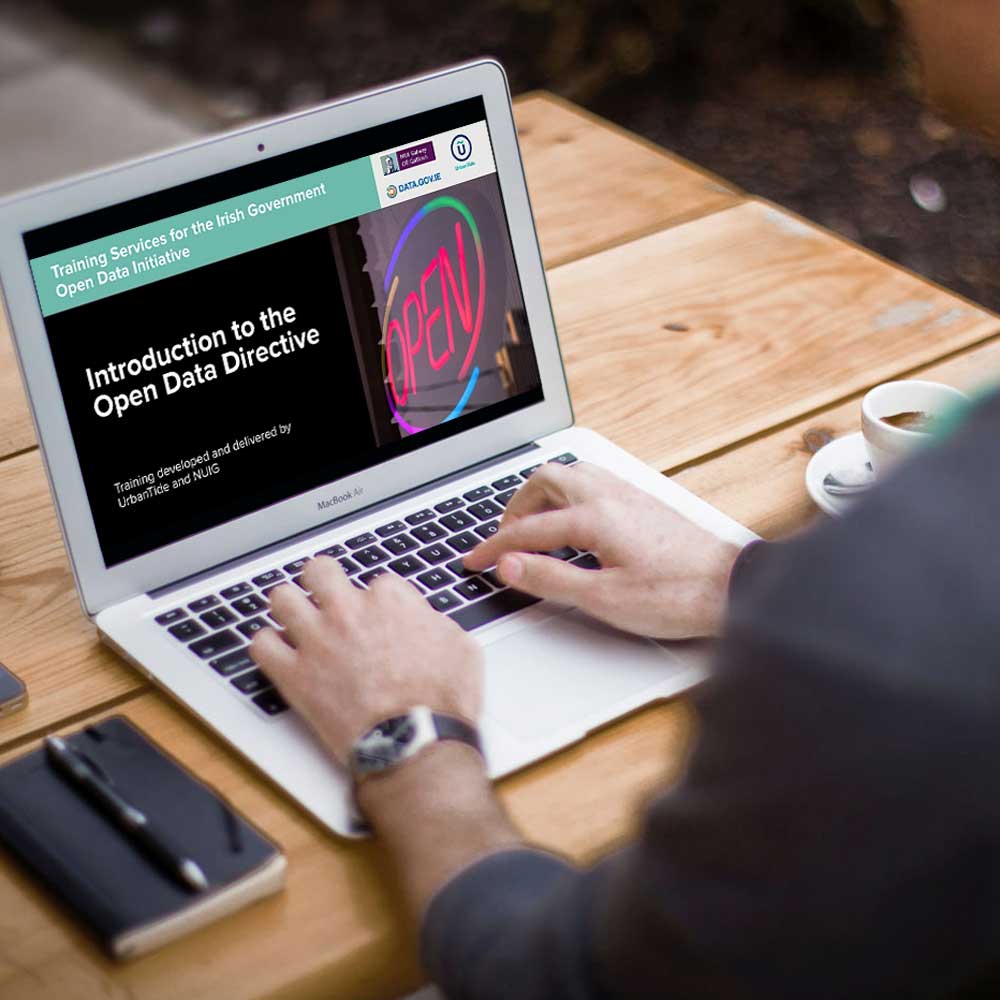
Identifying and unlocking new revenue from business rates with AI
North Lanarkshire

Tackling the growing
fuel poverty crisis with data and AI
UKRI

Understanding how we live and use our homes with real-time energy data
Smartline

Managing the impact of noise pollution on our cities
Noiseability

Accelerating the transformation of the UK’s energy systems
Energy Systems Catapult
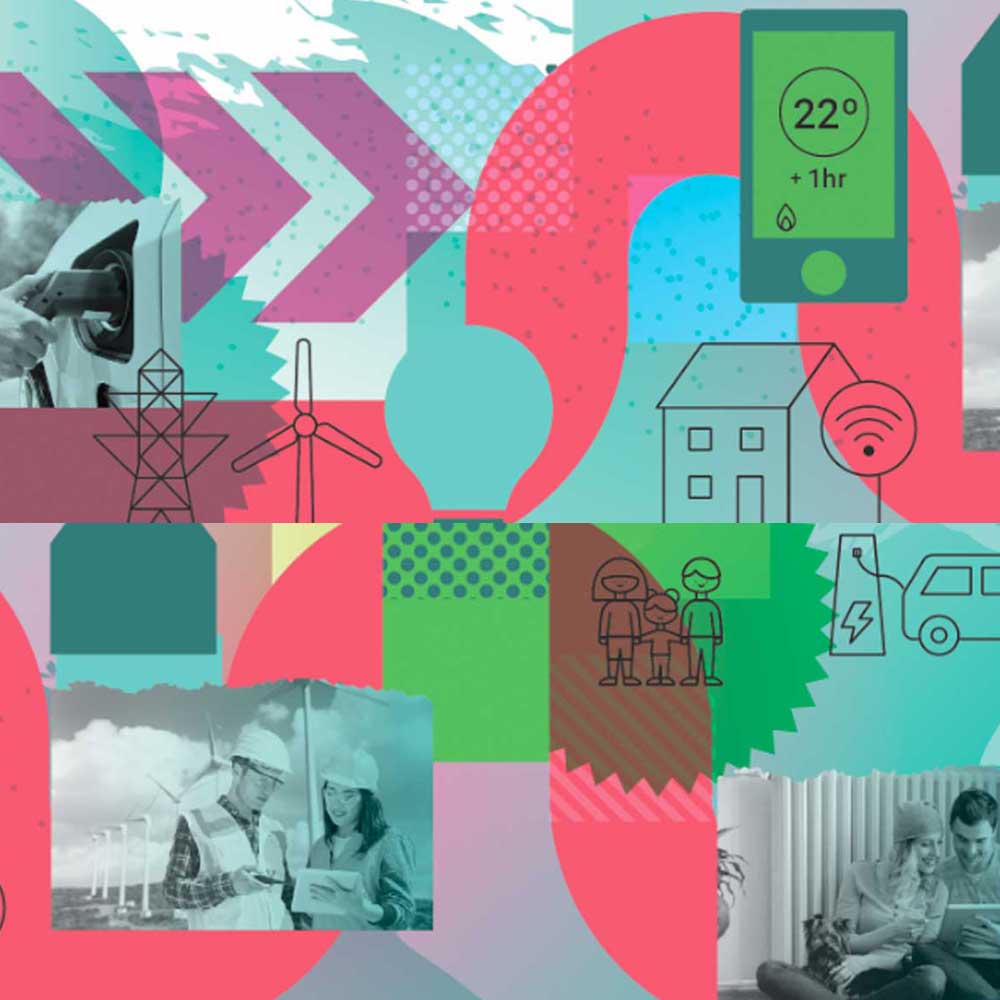
Creating an integrated, affordable low-carbon energy system of the future
ReFLEX Orkney
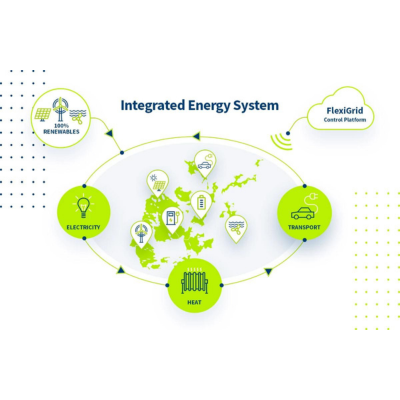
Investing in sustainable transport infrastructure to become carbon neutral
Somerset County Council
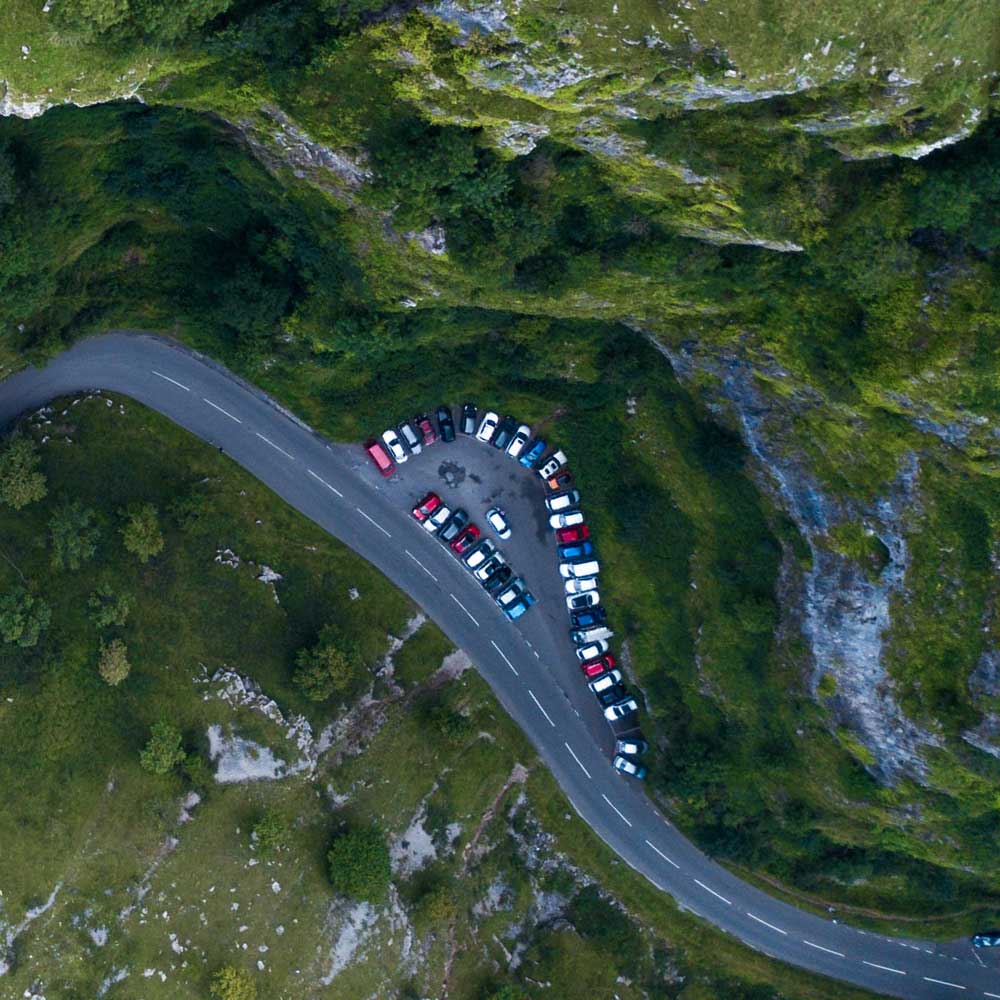
Identifying ageing households at risk of cold and damp home
Sunderland City Council

Innovate UK funding to help our Planet Centred approach to retrofitting Europe’s leakiest homes
News

Open data is now a legal requirement in Ireland and the EU
News

New ‘uZero’ Artificial Intelligence software could help millions with their fuel bills
News
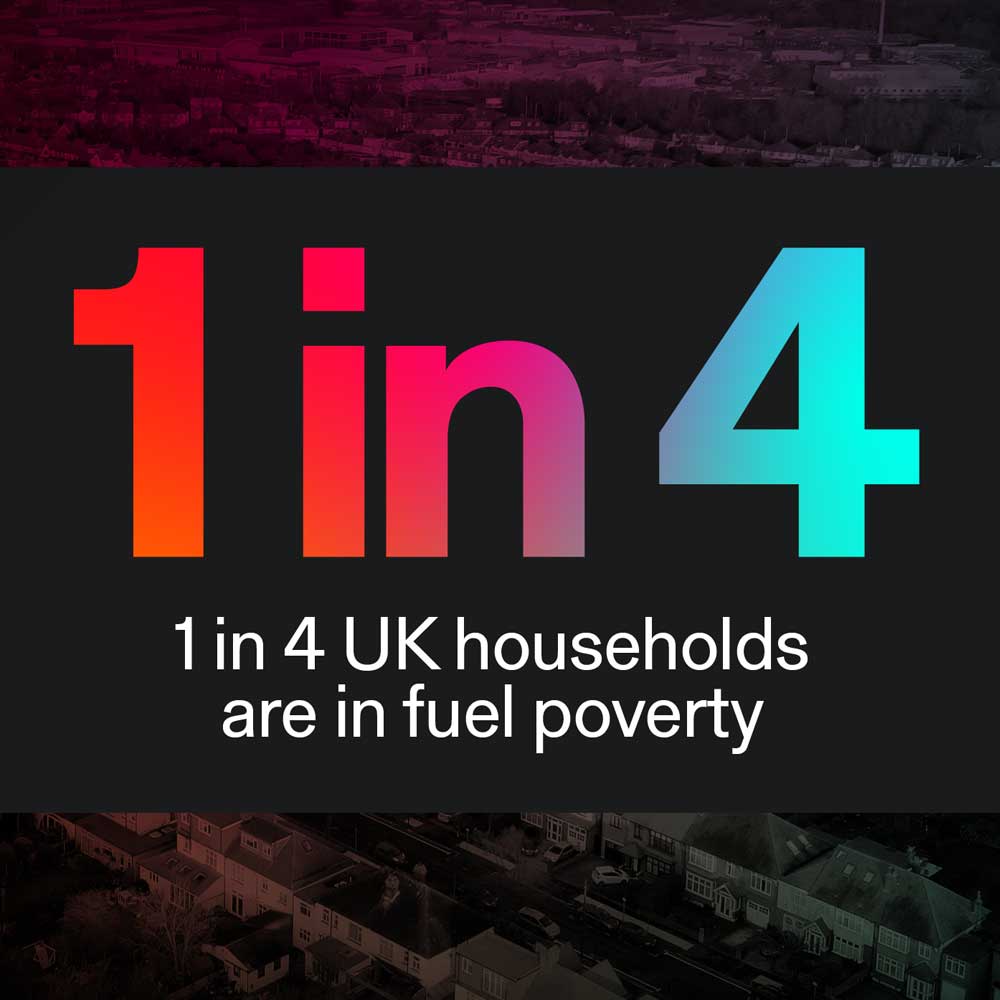
UrbanTide helps secure £48 million funding for Scottish Cities Alliance
News

UrbanTide leads £24 million program to make Glasgow a Future City
News

Building smart communities for OPEN Glasgow Engagement Programme
News

UrbanTide launches IoT data insights platform, uSmart
News
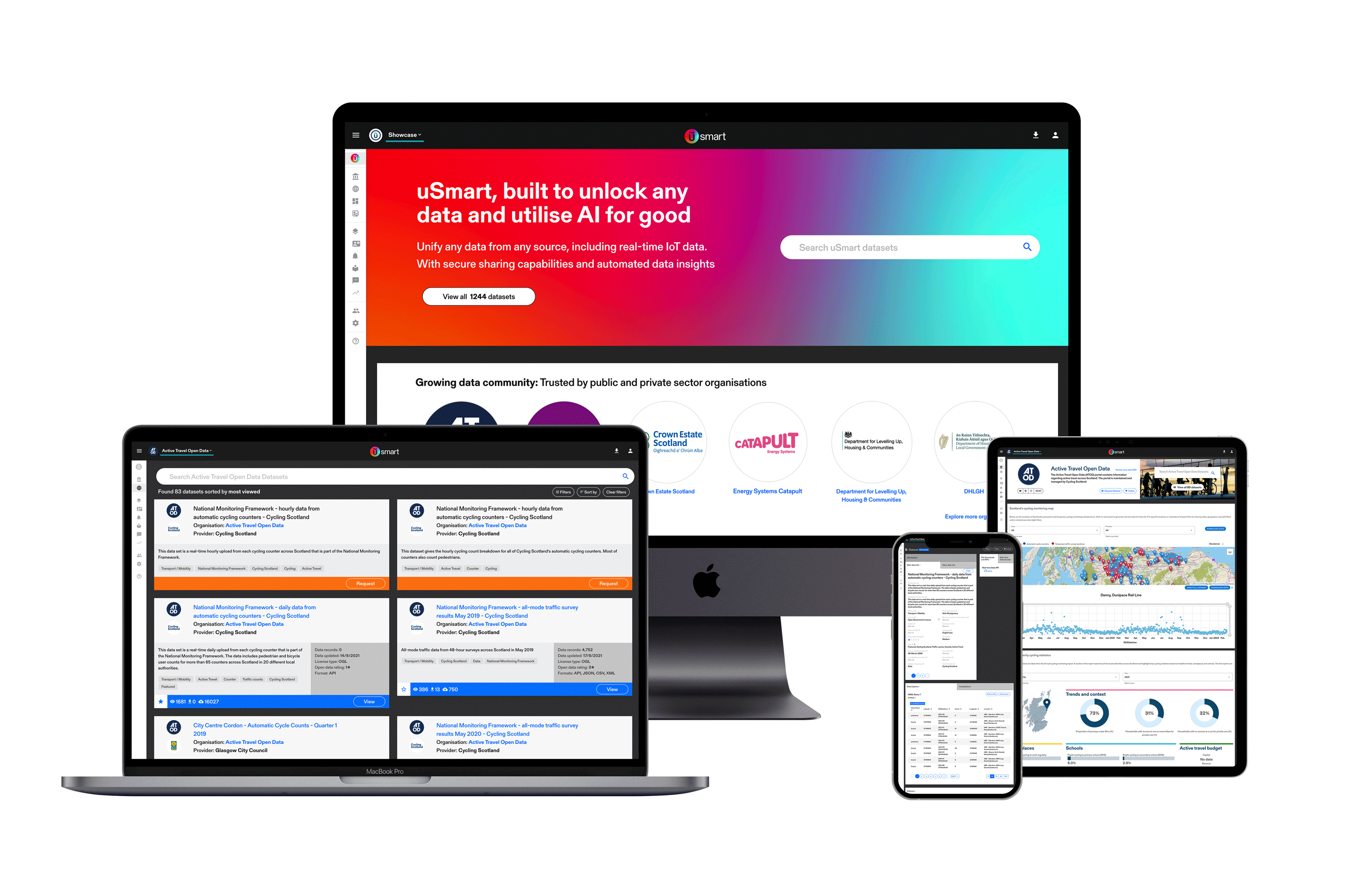
uZero announced as UKRI MEDA competition winner
News
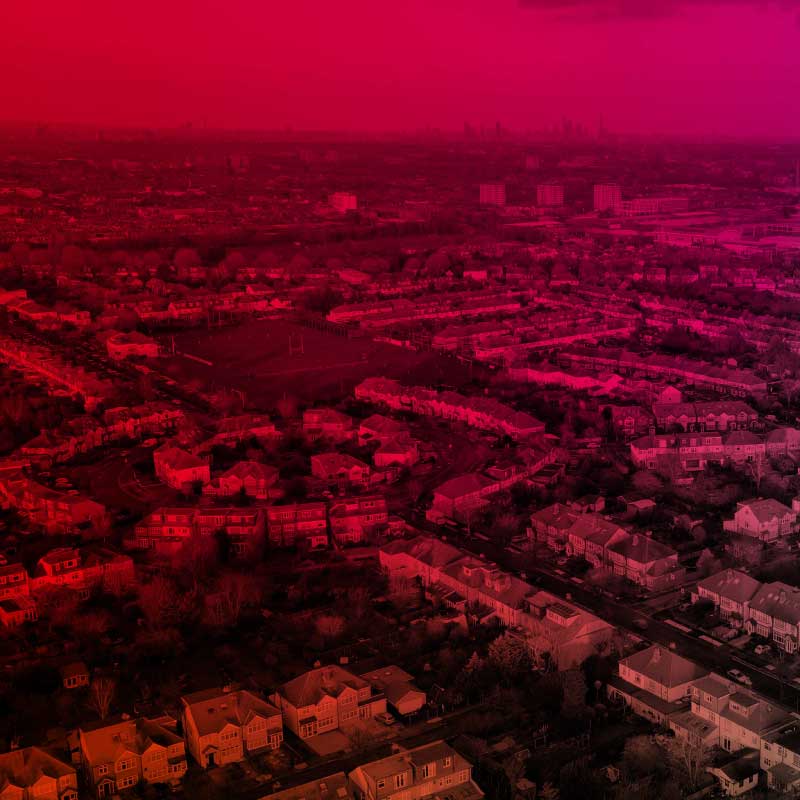
Social Connect is a unique UK Power Networks (UKPN) innovation project
News

UrbanTide announces partnership with Energy Systems Catapult
News

UrbanTide marks four years of Open Data training in Ireland
News

Noisability: UrbanTide wins major bid as part of SynchroniCity program
News

UrbanTide joins prestigious Artificial Intelligence accelerator
News
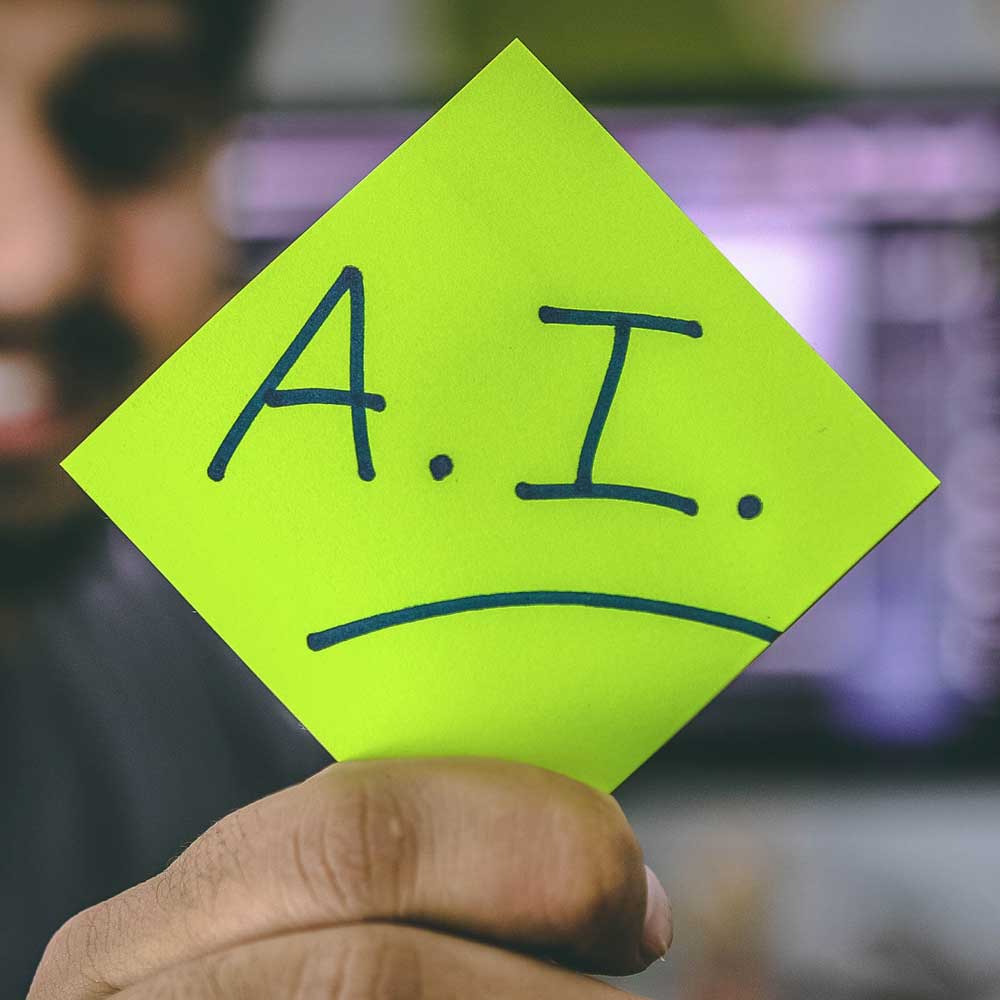
UrbanTide recognised at ScotlandIS Digital Technology Awards
News

ODI publishes case studies that show how open data can be used in service redesign
News

UrbanTide teams up with North Lanarkshire Council to make better services with data
News

UrbanTide, Snook and North Lanarkshire Council announced as finalists for the 2018 Digital Technology Awards
News

Innovative smart communities IoT project powered by USMART
News
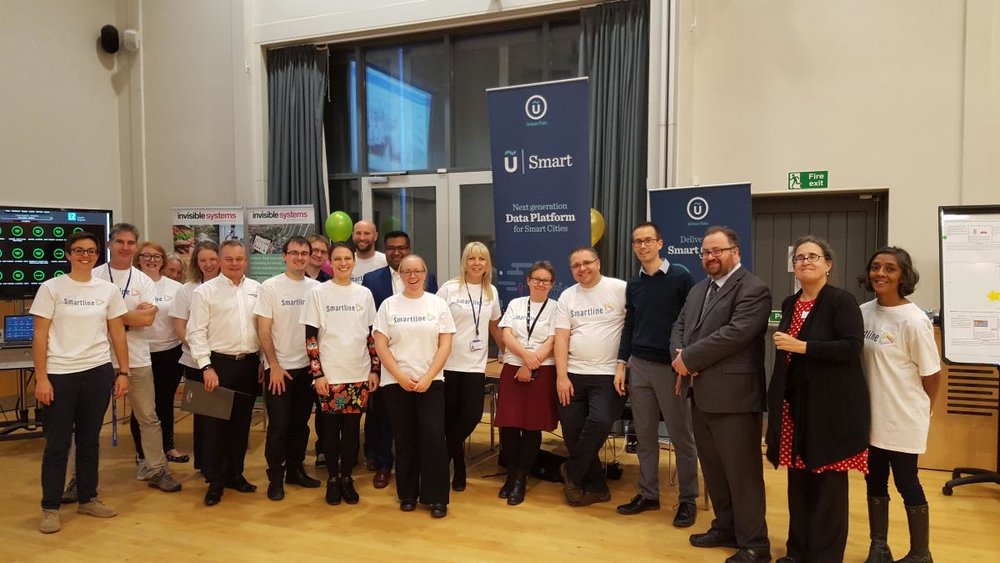
The Power of Data Science in the Health and Care Sector
News
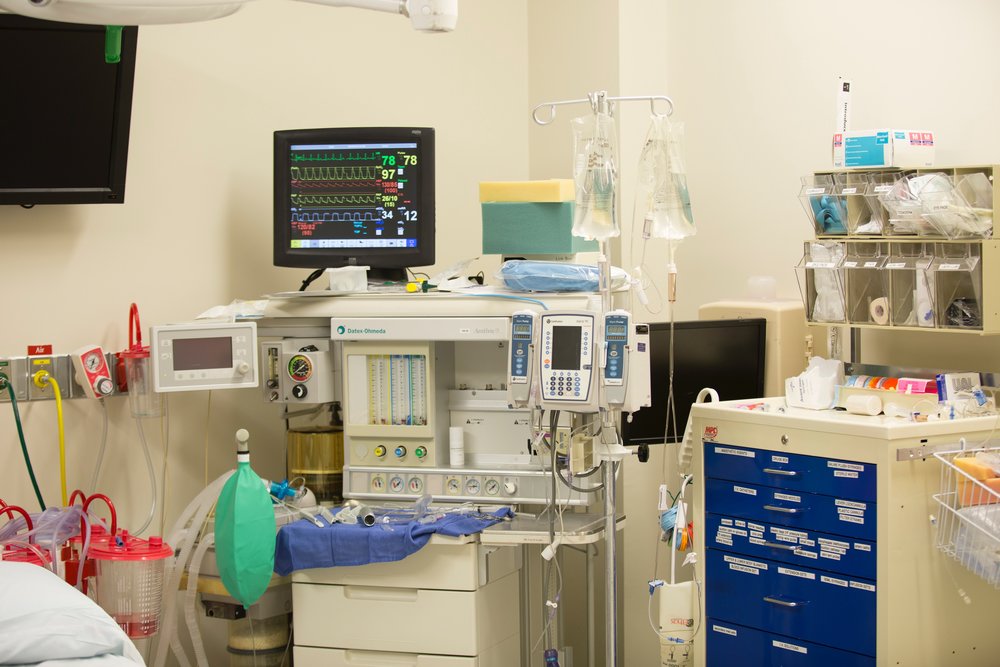
UrbanTide to help transform Ireland by unlocking the power of open data
News

Stay ahead of the curve by learning more about these new smart cities standards
News

#DataFest17 - 12 key lessons we learned about smart cities, communities and the future of data
News
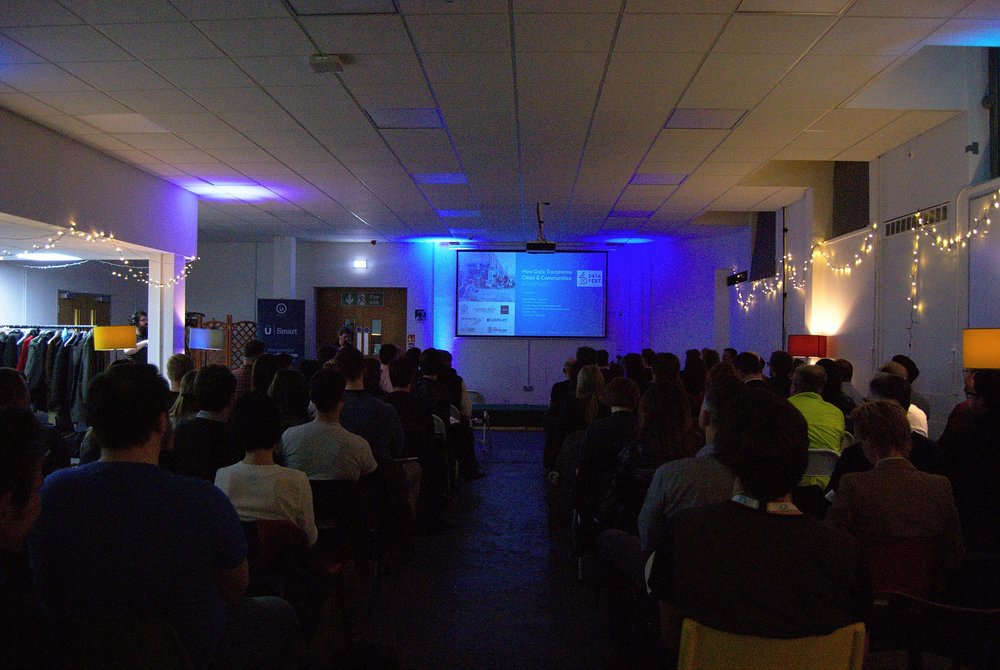
Emerging ideas for a renewed (Y)Our Glasgow City Centre
News
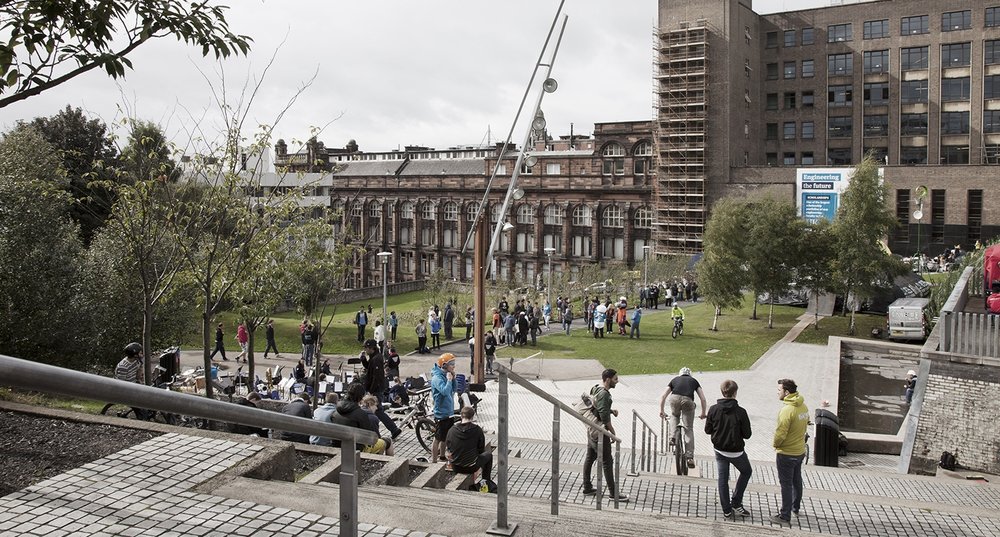
Future Health Hack - building the future of healthcare one line of code at a time
News
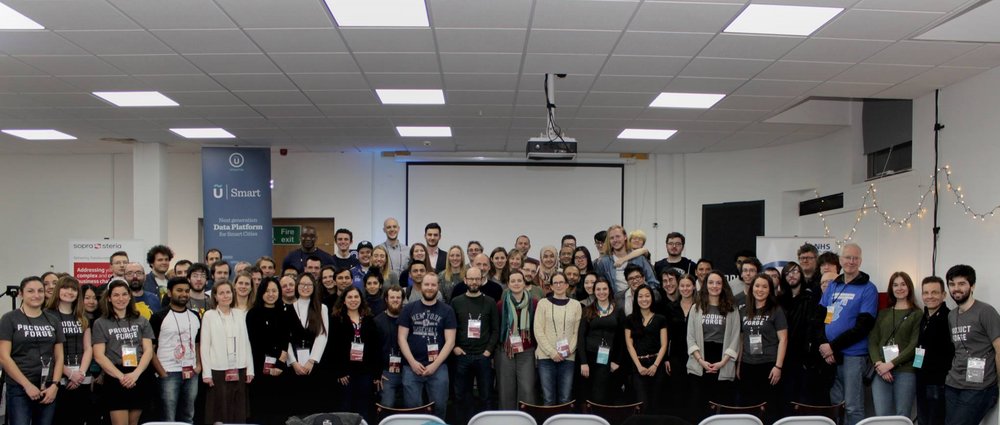
Meet our API Data Explorer – aka your new best friend if you are working with big data
News
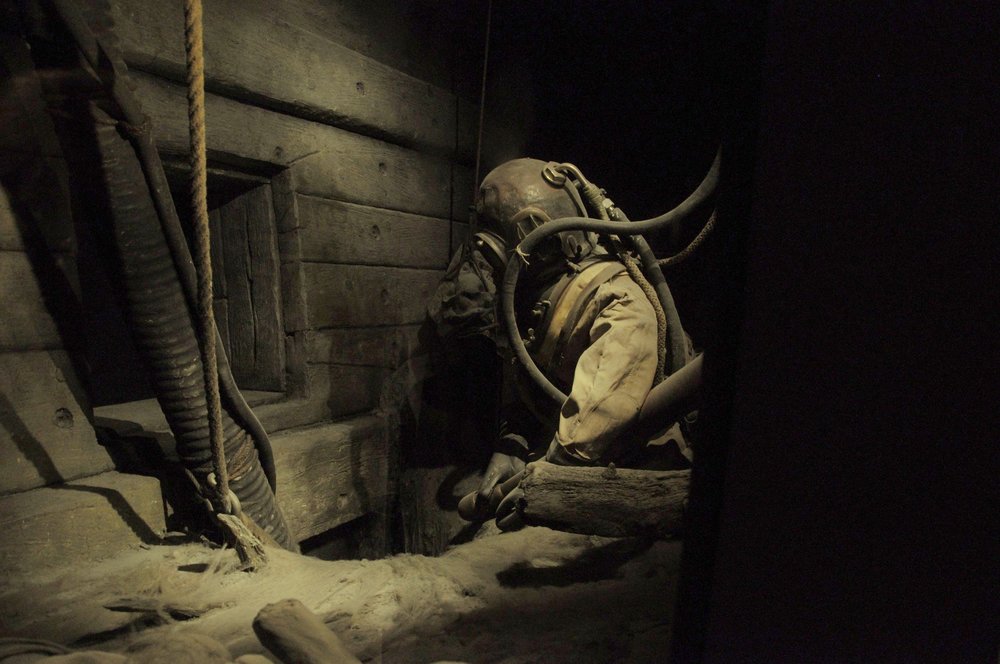
Car parks ‘extinct’ in smart cities of the future?
News

3 awesome USMART features - with more coming soon!
News

Data scientists and USMART: a match made in heaven
News

We are now Regional Supporters of Open Data Impact Map
News
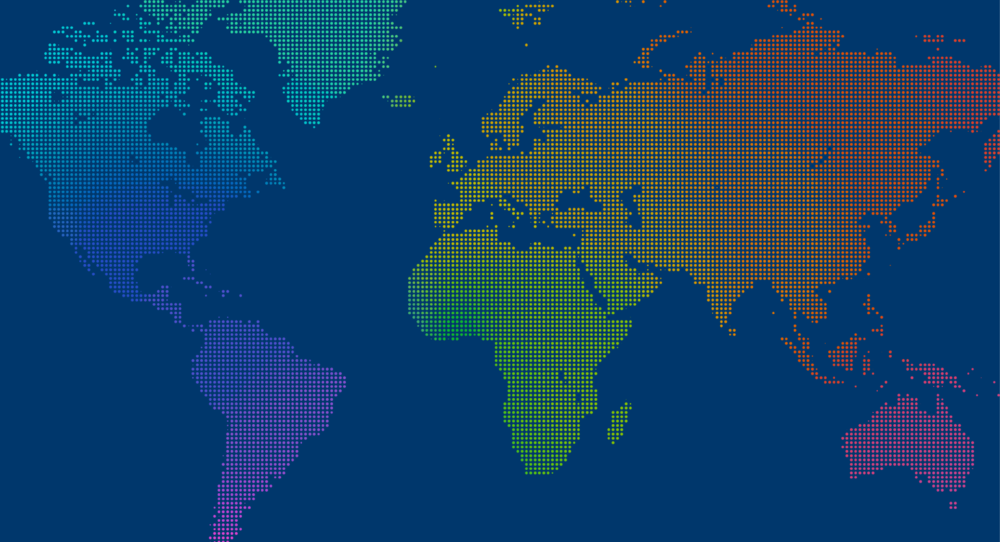
Next generation open data platform looking for beta testers!
News

Glasgow city centre regeneration - how smart can Glasgow be?
News

Open data - is the open private sector the next frontier?
News

Open data everywhere! Review of open data maturity in Europe, UK and Scotland
News

Feedback from our year delivering open data training for Scottish Government
News

Announcing our new open data training programme
News

Glasgow City Centre District Regeneration Frameworks
News

Metadata and metadata standards- reflections from our Chief Operational Officer
News
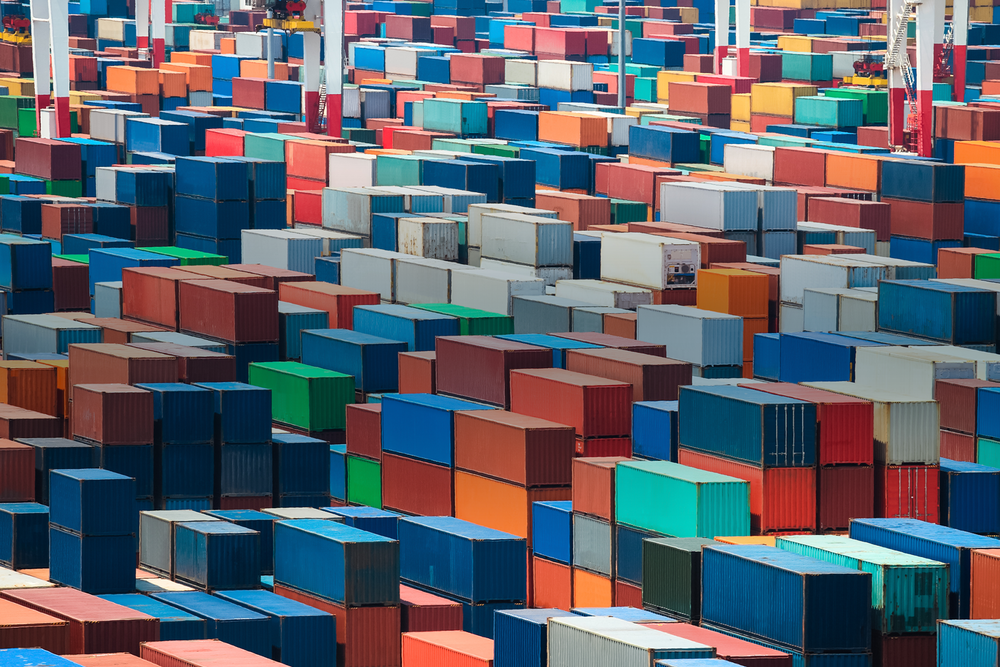
All about our Smart Cities Maturity Self-Assessment Tool
News

Open data training for Scotland's public sector
News

Engage - invest – Exploit (EiE) or Enjoyable - interactive - Experience (EiE)
News

UrbanTide and India: 5 Lesson's Learned from Simon's Trip to the Subcontinent
News
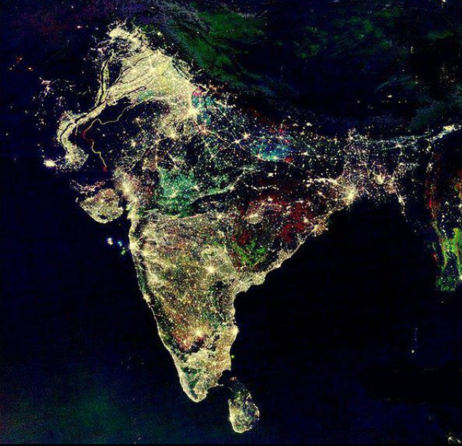
Cisco and the Smart Cities Council: 4 Messages from America...
News
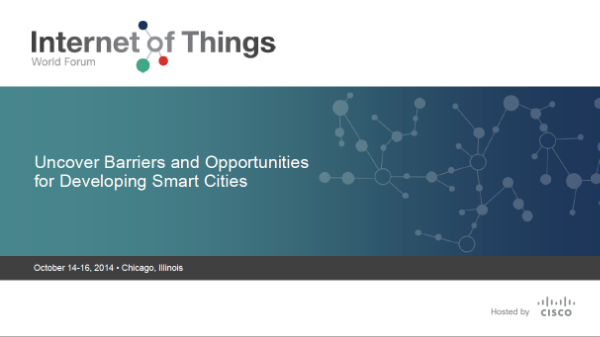
Edinburgh continues to iterate, and then iterate again
News

Start your journey
Take a look at our product page to find out which UrbanTide AI tool has been designed for your needs.
Find out how we can support your data and AI projects and see our growing AI portfolio in action.



